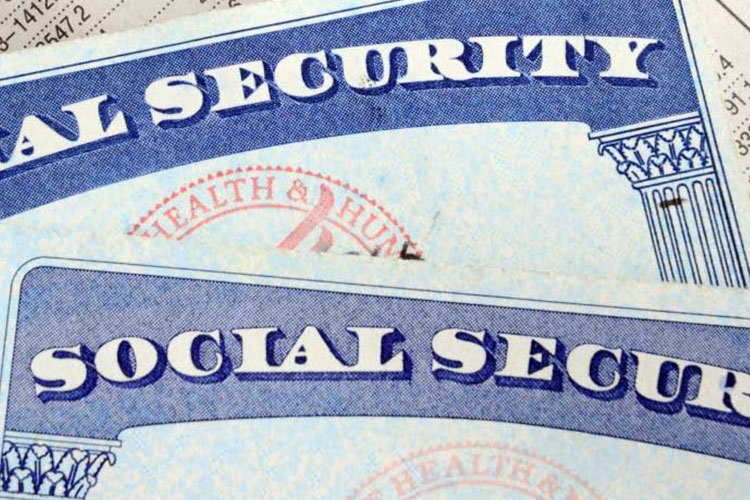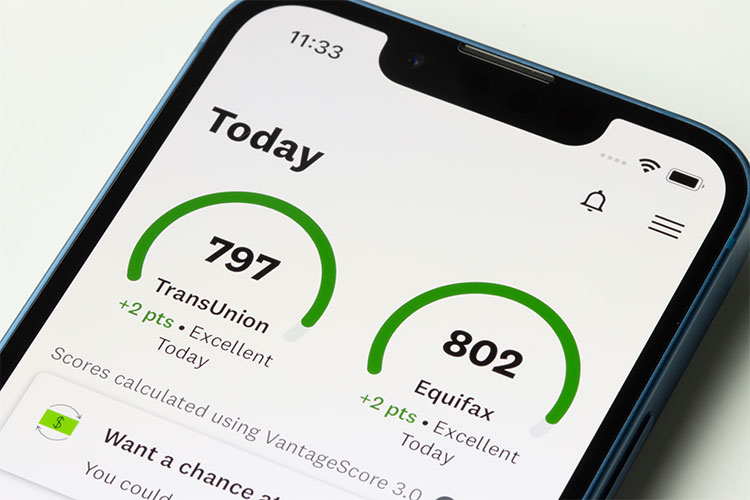
Building a U.S. credit history – What healthcare professionals need to know
One of the key aspects of financial stability in the United States is having a good credit history. For relocating healthcare professionals, it will be a priority to start building a financial foundation upon arrival in the U.S., as you will need to start from scratch.

Credit from your home country does not travel and you will start off in the U.S. with a credit score of zero. Credit history is used by lenders to assess your ability to manage credit responsibly and make payments on time. It can play a significant role in your ability to secure housing, access credit, and make much-needed purchases in the United States.

How to build credit in the United States as an expat
As a newcomer to the United States, it can seem daunting to start building a credit history from scratch. However, there are several steps you can take to start building a credit history:

1. Get a Social Security number
Applying for a Social Security number will be a good first step to start building your credit history in the United States. A persons Social Security number acts as a form of identification and is used to track a earnings for tax purposes. This number is often required when applying for a loan or credit card.

2. Apply for a secured credit card
A secured credit card is a good option for those without a credit history, as it’s backed by a deposit you make upfront. This deposit serves as collateral for the credit card, so lenders are more likely to approve your application. When using a secured credit card, make sure to make all payments on time and keep your credit utilization low.

3. Obtain a Car Loan
Financing a car is another way to build your credit. Getting a loan through a company that caters to the needs of the expat community can help you build credit quickly, as long as you make all payments on time.

4. Make all payments on time
Making all payments on time is one of the most important things you can do to build a good credit history. Late payments and missed payments have a negative impact on your credit score, so it’s important to set up automatic payments or reminders to ensure you make all payments on time.

5. Keep balances low
It’s important to keep your credit balances low, as high utilization can signal to lenders that you’re overextended and may not be able to make payments. Aim to keep your spending below 30% of your available credit.

6. Use a U.S. Credit Reporting Agency
You can also use a U.S. credit reporting agency to help you build a credit history. These agencies will report your credit history to U.S. credit bureaus, which can help you build a credit score and access credit in the future.

Final Thoughts
In conclusion, a credit history is an essential aspect of financial stability in the United States. As an expatriate, you can start building your U.S. credit history by getting a social security number, a secured credit card, a car loan, making payments on time, keeping balances low and using a U.S. credit reporting agency.
By taking these steps, you can establish a strong financial foundation in the United States and enjoy the benefits of good credit.
About International AutoSource
For 20 years, International AutoSource (IAS) has specialized in serving the needs of the international healthcare community. Through the IAS Healthcare Advantage Program foreign nurses, doctors, physical therapists, medical technicians, and other healthcare professionals moving to the United States can finance a car for their relocation to the U.S. with benefits tailored to fit their needs.
International Healthcare professionals can take advantage of savings, convenience, and full-service support all in one place. Our dedicated healthcare product specialists work one-on-one with each customer to provide full-service support before, during, and after delivery. We also assist with all documentation needed for vehicle financing, licensing, and registration as our customers have more important things to worry about.





